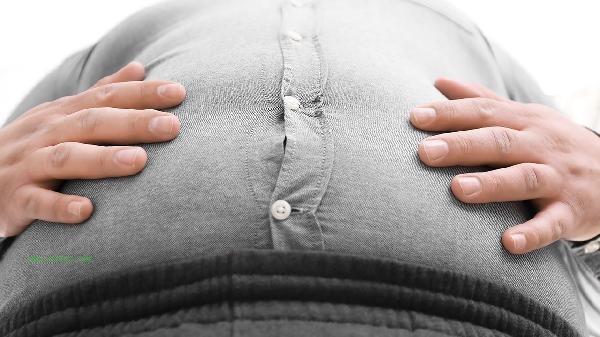Dieting for weight loss usually shows initial results within 2-4 weeks, and the actual time of effectiveness is closely related to basal metabolic rate, dietary structure, exercise coordination, individual differences, and health status.
1. Basal metabolic rate: People with high basal metabolism consume energy faster and experience more significant weight loss after dieting. Muscle mass, age, and hormone levels can affect metabolic efficiency, and the effects may be slightly slower in women or middle-aged and elderly populations. It is recommended to increase muscle mass through strength training to accelerate metabolism.

2. Dietary structure:
Simply reducing food intake may lead to malnutrition, and adjusting dietary structure is more crucial. Adopting a combination of high protein, low-carbon water, and sufficient dietary fiber can not only reduce calorie intake but also maintain a sense of fullness. For example, replacing refined rice and flour with miscellaneous grains and consuming 300 grams of green leafy vegetables daily. 3. Exercise coordination: Combining aerobic and anaerobic exercise can improve fat loss efficiency. Engaging in 30 minute brisk walking or swimming three times a week, combined with two sessions of resistance training, can prevent muscle loss caused by dieting. supplementing whey protein after exercise helps maintain basal metabolism.
4. Individual differences:
Individuals with a larger initial weight base may lose weight faster in the early stages, while those with normal BMI may only lose 0.5-1 kg per week. Genetic factors determine the type of fat distribution, and apple shaped individuals have relatively difficult metabolism of waist and abdominal fat, requiring longer adjustment time.

5. Health status:
Endocrine diseases such as thyroid dysfunction and polycystic ovary syndrome can delay the effect. Long term dieting may lead to a plateau period, during which it is necessary to adjust the calorie gap in the diet to avoid a decrease in metabolic adaptability.
Scientific dieting requires a daily intake of no less than 1200 calories, with priority given to high-quality protein such as fish and shrimp, chicken breast, and high fiber ingredients such as broccoli and mushrooms. Losing no more than 1% of total weight per week, rapid weight loss can easily lead to rebound. It is recommended to regularly monitor body fat percentage. When symptoms of malnutrition such as dizziness and hair loss occur, it is necessary to consult a nutritionist in a timely manner to adjust the plan. Maintaining sufficient sleep and drinking habits can help maintain normal metabolic levels.





Comments (0)
Leave a Comment
No comments yet
Be the first to share your thoughts!